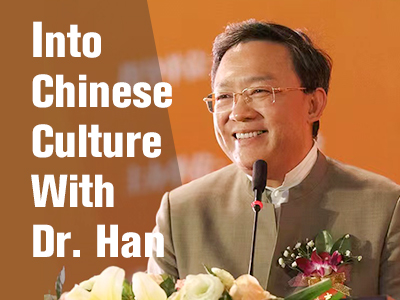
The way of the world
The way of the world exists in the hearts of people. Mencius was a man who dared to speak his mind. In “Mencius,” he wrote: “Every 500 years, a true king must arise, and during that time, there will surely be individuals who will make their mark on the world. Since the Zhou Dynasty, over 700 years have passed. Judging by the number of years, it is overdue; but examining the times, it is possible. Heaven does not yet desire to bring peace and order to the world; if it did, who else but me would be suited for this task? Why should I not be joyful?”
Read more>
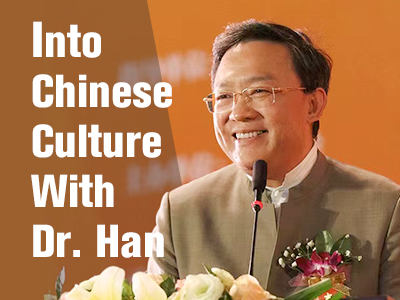
Nobility and human hearts
Mencius said that there are nobility and titles. Benevolence, righteousness, loyalty, and trustworthiness constitute nobility. Titles refer to positions in society.
Read more>
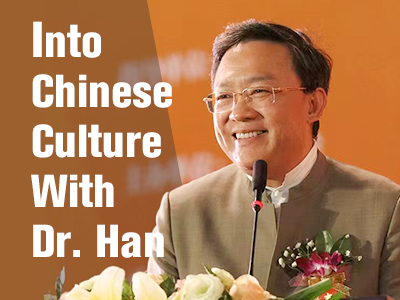
The scale of human hearts
Chinese culture is a culture with “heart.” The pre-Qin philosopher Mencius said: “Benevolence lies in the heart of people.” Benevolence is the love in people’s heart. Confucian scholar Zhu Xi of the Song Dynasty (960-1279) said, “The source of benevolence is love.” Benevolence is generated by “love.”
Read more>
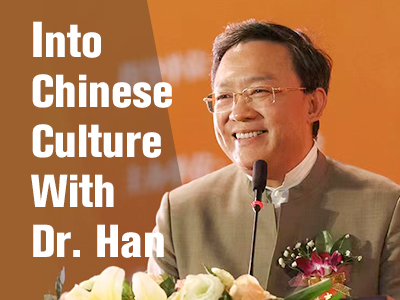
A gentleman's concern
Confucius said, “The benevolent do not worry, the wise are not perplexed, and the brave are not afraid.” A gentleman worries about the way, not about poverty. Having a meager meal and drink and dwelling in a humble alley, ordinary people cannot bear such hardships, but a gentleman is still happy. This is because he stands on a great path and solid ground.
Read more>
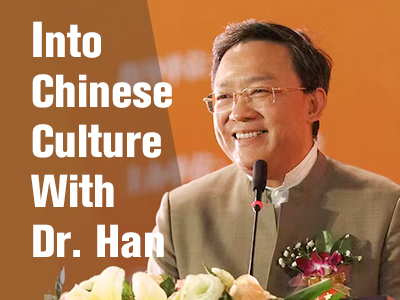
The power of morality
When people are genuinely pleased and willing to set aside their own desires, where does the power come from, external forces, or the inner self? For thousands of years, Westerners have searched for external sources, looking to the heavens for blessings, while Chinese philosophers have looked inward, seeking the source of happiness within their own hearts.
Read more>
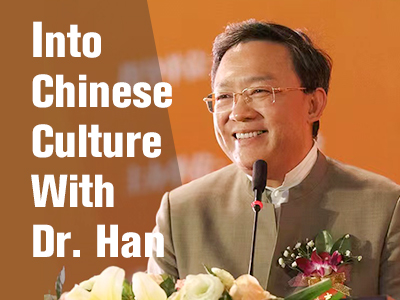
The Record of the Peach Blossom Spring (2)
The story of "The Record of the Peach Blossom Spring" is, in fact, Tao Yuanming's dream of retreating to a rural life. His "Returning Home Ode" serves as his declaration to leave his official career and return to the countryside.
Read more>
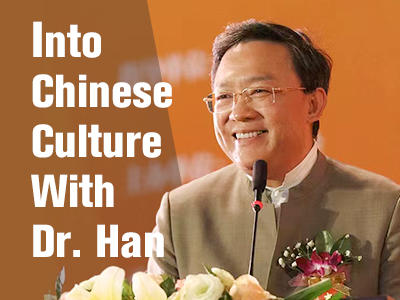
The Record of the Peach Blossom Spring (1)
Today let’s read a story titled “The Record of the Peach Blossom Spring,” written by Tao Yuanming, a great literary figure during the Eastern Jin Dynasty (317-420), who used the journey of a fisherman from Wuling to vividly depict the peace and joy of a fictional land called Peach Blossom Spring and the free and equal way of life.
Read more>
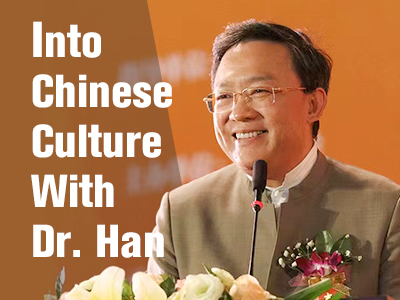
Follow the way
Zhuangzi once told a story of the cook named Ding. While Ding prepared to slaughter an ox for Lord Wenhui, his skillful act resembled the rhythm of music and the beats of a dance. The lord was amazed, and asked the reason for this. Ding laid down his knife and replied, “What I cherish is not the act of butchering, but the approach.”
Read more>